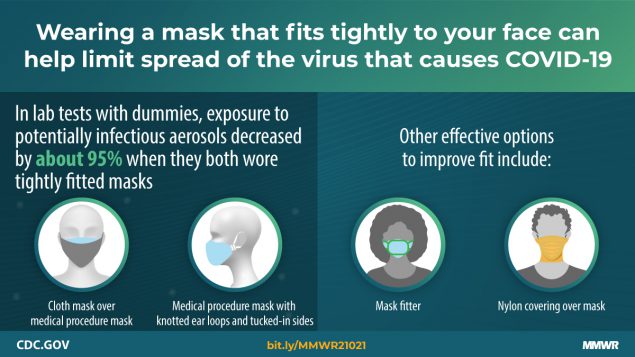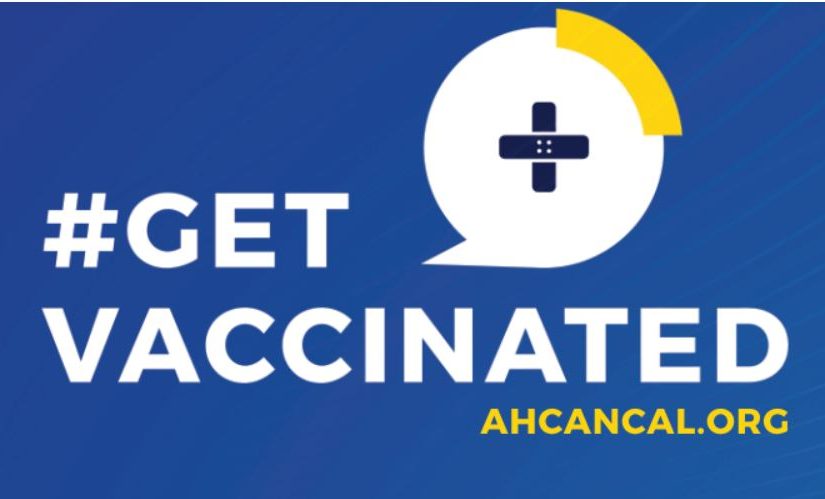If all goes well, over the next few weeks there will be an increasing number of family members visiting their loved ones in the nursing home, many for the first time in a year. Along with the joy and relief of these reunions, we can expect to observe a great deal of sadness over time lost with elders. Here are some tips on how to prepare.
Tag: GeroNursePrep
AHCA/NCAL Updates Medicare 3-Day Stay and Benefit Period Waivers Fact Sheet and FAQs
- Will Medicare Part A cover asymptomatic beneficiaries that have a positive COVID-19 test result or have received the COVID-19 vaccine and have had a reaction?
- Various waiver-related coverage and billing scenarios.
Maximizing fit for cloth and medical procedure masks.
CDC conducted experiments to assess two ways of improving the fit of medical procedure masks: fitting a cloth mask over a medical procedure mask, and knotting the ear loops of a medical procedure mask and then tucking in and flattening the extra material close to the face. Each modification substantially improved source control and reduced wearer exposure.
Read more at https://www.cdc.gov/mmwr/volumes/70/wr/mm7007e1.htm?s_cid=mm7007e1_e
Infection Control – Lessons Learned
Information to arm you against vaccine hesitancy among older adults
As the COVID-19 vaccine continues to roll out to assisted living and independent living communities — having not reached some of those communities yet — two new surveys shed some light on feelings about vaccination among older adults, messages that motivate them to get vaccinated, and the people and places to which they expect to turn when making a decision.
Although this research was not restricted to senior living residents, findings still may prove helpful to those working in the industry, and those they serve.
Find out more at https://bit.ly/3oLQAaS
Advance Your Long Term Care RN Career by Adding the Prestigious ANCC GERO-BC™ Credential.
Get Vaccinated Toolkit
AHCA/NCAL’s #GetVaccinated campaign encourages long term care staff and residents to get the COVID-19 vaccine. Providers and state affiliates may use the materials below to help communicate about the importance of vaccination as well as highlight progress. This digital toolkit includes a checklist of ideas, template letters to use with stakeholders, sample social media, and media prep material.
Find out more at https://www.ahcancal.org/News-and-Communications/Pages/GetVaccinated.aspx
Wishing You All the Best This Holiday Season!
From the faculty and staff of the AHCA/NCAL Gero Nurse Prep program.
CMS Issues New Nursing Facility COVID Testing FAQs
CMS has released FAQs related to new guidance on testing in nursing facilities. The FAQs address long-standing questions posed from providers. The questions address various issues including false negatives with point of care antigen tests, triggering of outbreak status, testing of emergency medical personnel and clarification on turnaround time for tests. The FAQs can be found here
Video: How Staff Can Stay Safe During the Holiday Season
In a new video for frontline long term care workers, AHCA/NCAL’s Chief Medical Officer Dr. David Gifford is joined by Dr. Shari Ling, Deputy Medical Director at the Centers for Medicare and Medicaid Services (CMS). The two chat about ways staff members can help keep their residents, colleagues, family members and themselves safe during the holiday season by discussing some myths we’ve heard and offering the facts.







